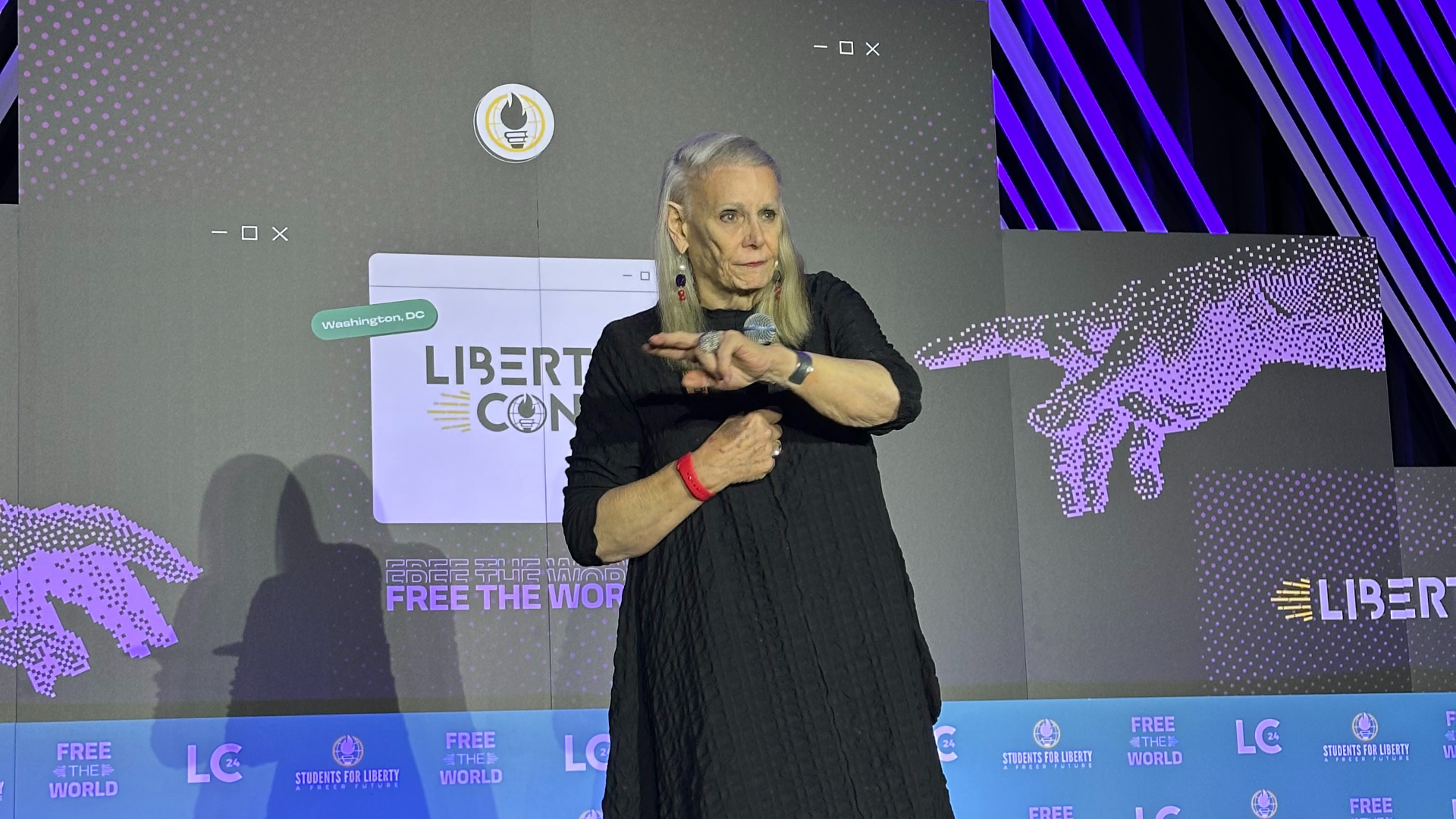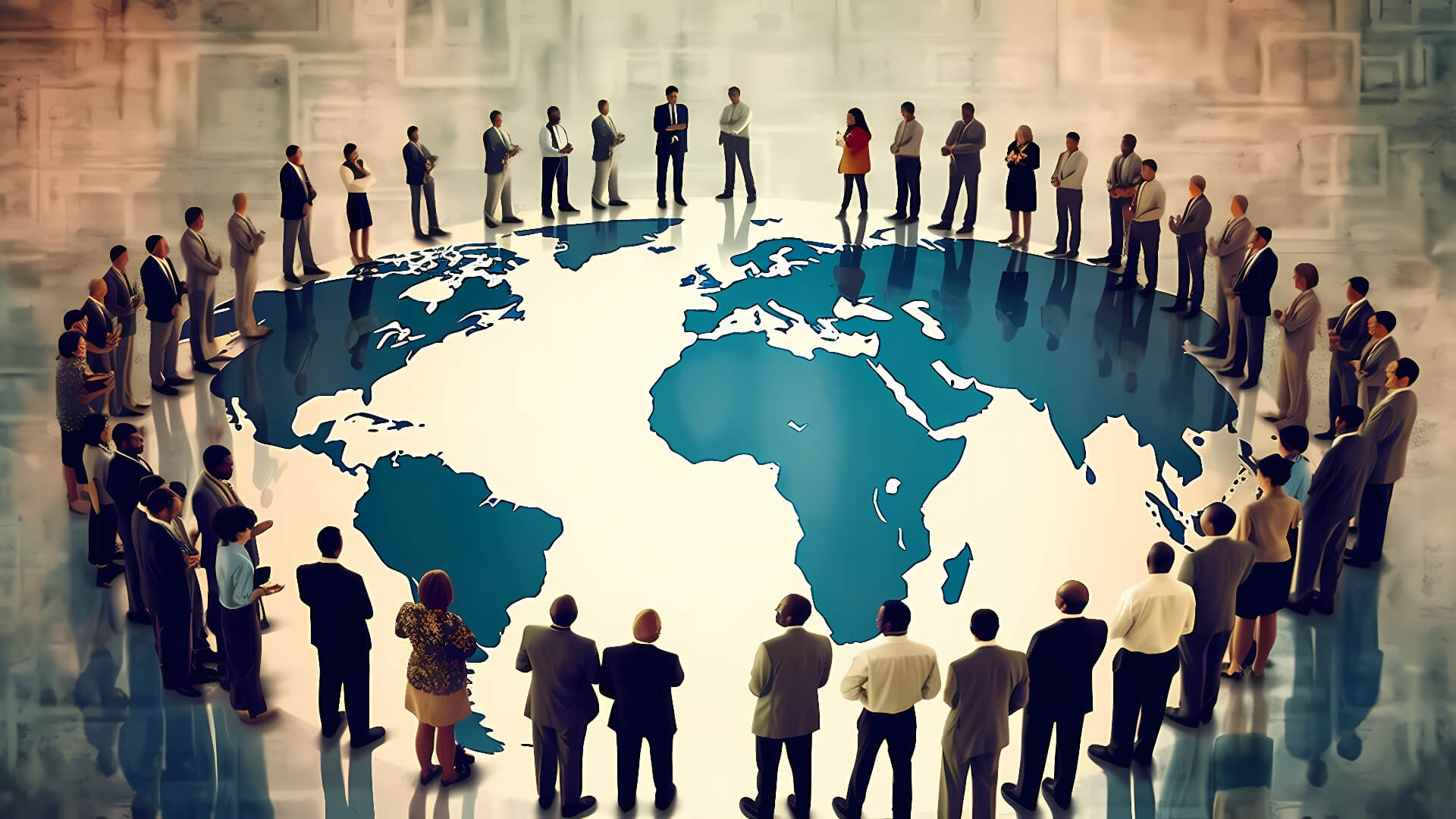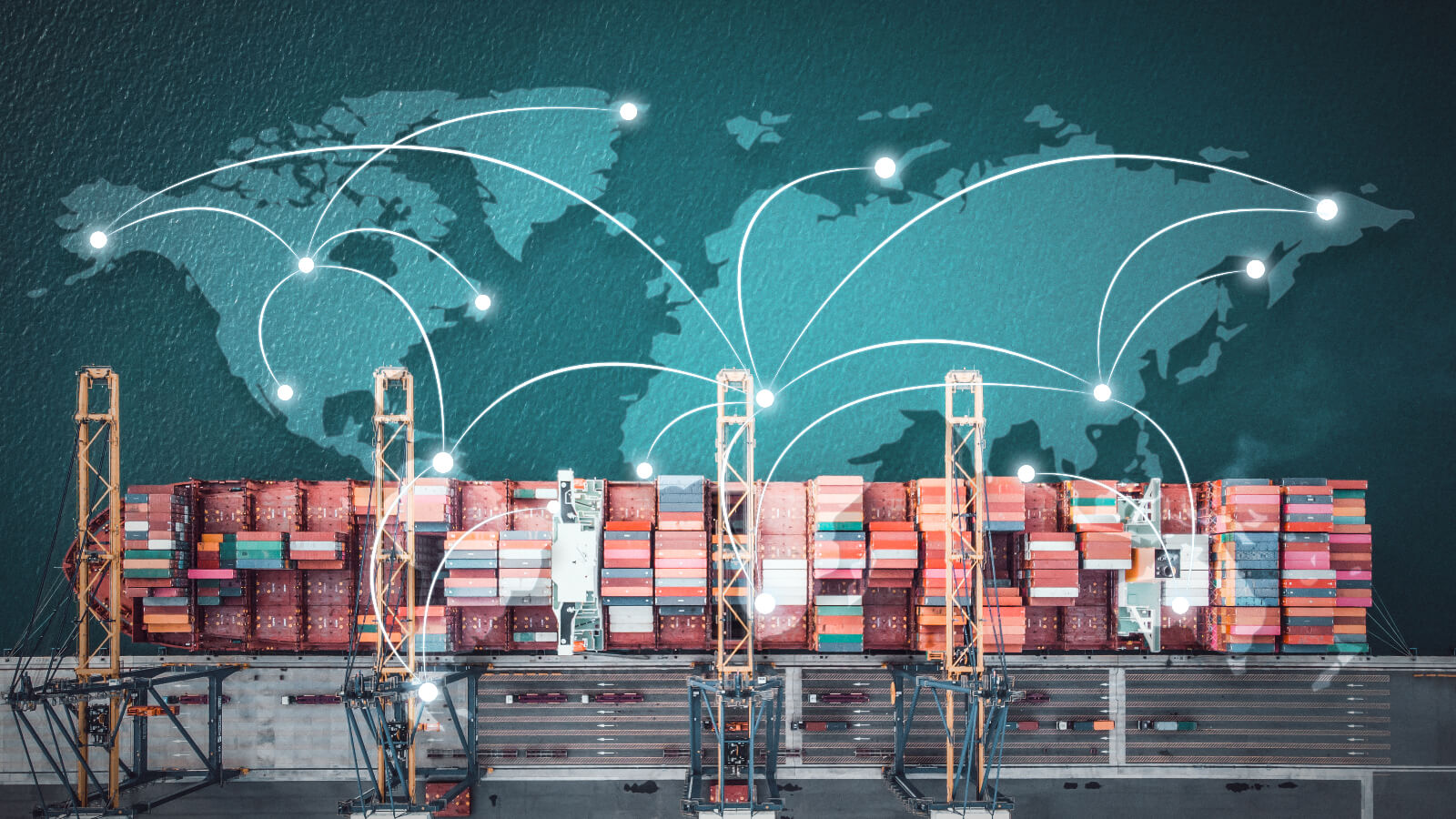Category:Free Trade


Should You Be Able to Pay for Sex?
September 24, 2024 | Post
Short answer: Yes, you should be able to pay for sex. When two consenting people (a prostitute and her client) agree to a trade (money for sex), and that trade doesn’t immediately, directly, or violently affect a third party, they should be free to make that trade. By the way, you should also be able […]

Public Works
August 9, 2024 | Post
In his 1850 essay, Frédéric Bastiat discusses the notion of “Public Works.” He explains that public works like opening roads, building palaces, and repairing streets create jobs and boost the economy in the short term, but they take away unseen opportunities in the long run.

The Economic Impact of the Ukraine War
May 22, 2024 | Post
Over two years since Russia’s invasion of Ukraine, the war’s economic toll is immense: $564.9 billion in infrastructure damage, daily costs of

Deirdre McCloskey: ‘The pursuit of freedom has unleashed unprecedented innovation, prosperity, and social transformation’
February 21, 2024 | Post
Deirdre McCloskey, renowned economist and advocate for liberal values, delivered a stirring address at LibertyCon International, captivating attendees with her insights into the importance of liberty in fostering human flourishing and societal progress.

The awkward and uncomfortable problem with national conservatism
January 11, 2024 | Post
The recent surge of national conservatism in the United States has not only highlighted a departure from classical liberal principles but also raised concerns about a fundamental shift away from the values that have long defined American governance.

How (true) liberalism made us rich
January 4, 2024 | Post
Today, a hot shower or a cup of coffee brewed in seconds are completely mundane. A journey across continents taking mere hours is, for many, just a normal part of life. Yet, these marvels would have been the envy of even the most affluent in medieval societies, prior to a period we can refer to as the “Great Enrichment.”

Why trade wars are wars on the poor
November 14, 2023 | Post
In the not-so-distant past, political leaders from both sides of the aisle in the United States held a general consensus on the benefits of free trade.
During their presidential campaigns in 2000, Al Gore and George Bush, despite their differences, at least agreed on the merits of fostering open markets.
Fast forward to the present day and we find Joe Biden and Donald Trump endorsing staunchly protectionist policies.
Let’s explore what caused this complete 180 and who bears the brunt when trade is restricted.

In defense of globalization
October 17, 2023 | Post
What is globalization? Globalization is simply the process of the free movement of goods, capital, people, and ideas around the world and across borders.
Globalization is a great boon to the world. It means more specialization and division of labor, which are vital components of economic progress. It makes rich countries richer and brings poor countries out of crushing poverty.
It might just be the greatest achievement in human history, but people don’t know this!

Globalization: a curse or a blessing?
September 14, 2023 | Post
For far too long, the fixed pie fallacy was the most widely held belief. When wars over resources were too costly to fight, society (not understanding that the ultimate resource is the human mind) went back to the good old trade wars of the mercantilist era. But something changed after the Second World War when Japan took a different path.

A perfect storm for maritime policy: the Jones Act five years after Hurricane Maria
October 3, 2022 | Post
As world maritime trade increases, and the ocean’s critical role in human affairs grows, the United States will continue to fall behind. Congress should end or fundamentally alter the Jones Act. To do otherwise would be unjust.

New battlegrounds: liberty in a time of realignment
May 25, 2022 | Post
The factions people ally with are going through a dramatic change, but what is driving this political realignment and what does it mean for liberty?

Why modernity is unthinkable without capitalism
February 2, 2022 | Post
Modernity is unthinkable without capitalism, yet Ayn Rand defined capitalism as an unknown ideal, one whose benefits people did not understand

U.S. sanctions are not responsible for the Cuban economic crisis
September 7, 2021 | Post
When a worsening economic crisis saw anti-government protests erupt in Cuba, the regime was quick to blame U.S. sanctions instead of its own policies

A global minimum tax rate will stifle competition and hurt consumers
September 4, 2021 | Post
The G7’s recent plan for a global minimum tax rate of 15% is a terrible idea that will hurt consumers and restrict competition.

Global Tax Rate, Explained
August 26, 2021 | Video
The G7 recently reached a historic decision favoring a global corporate tax rate, aligning interests from the US government and the European Union. They want to change how corporations pay their taxes and eliminate the competition between countries with lower rates. What is behind this decision? What are the possible consequences of implementing a global tax? But most importantly, why is this such a terrible idea?

How to Empower African Entrepreneurs?
June 10, 2021 | Video
We hear from June Arunga, a Kenyan technology entrepreneur and CEO of Usafi Comfort Limited, about the issues faced by many entrepreneurs around the African continent to keep their businesses running.

